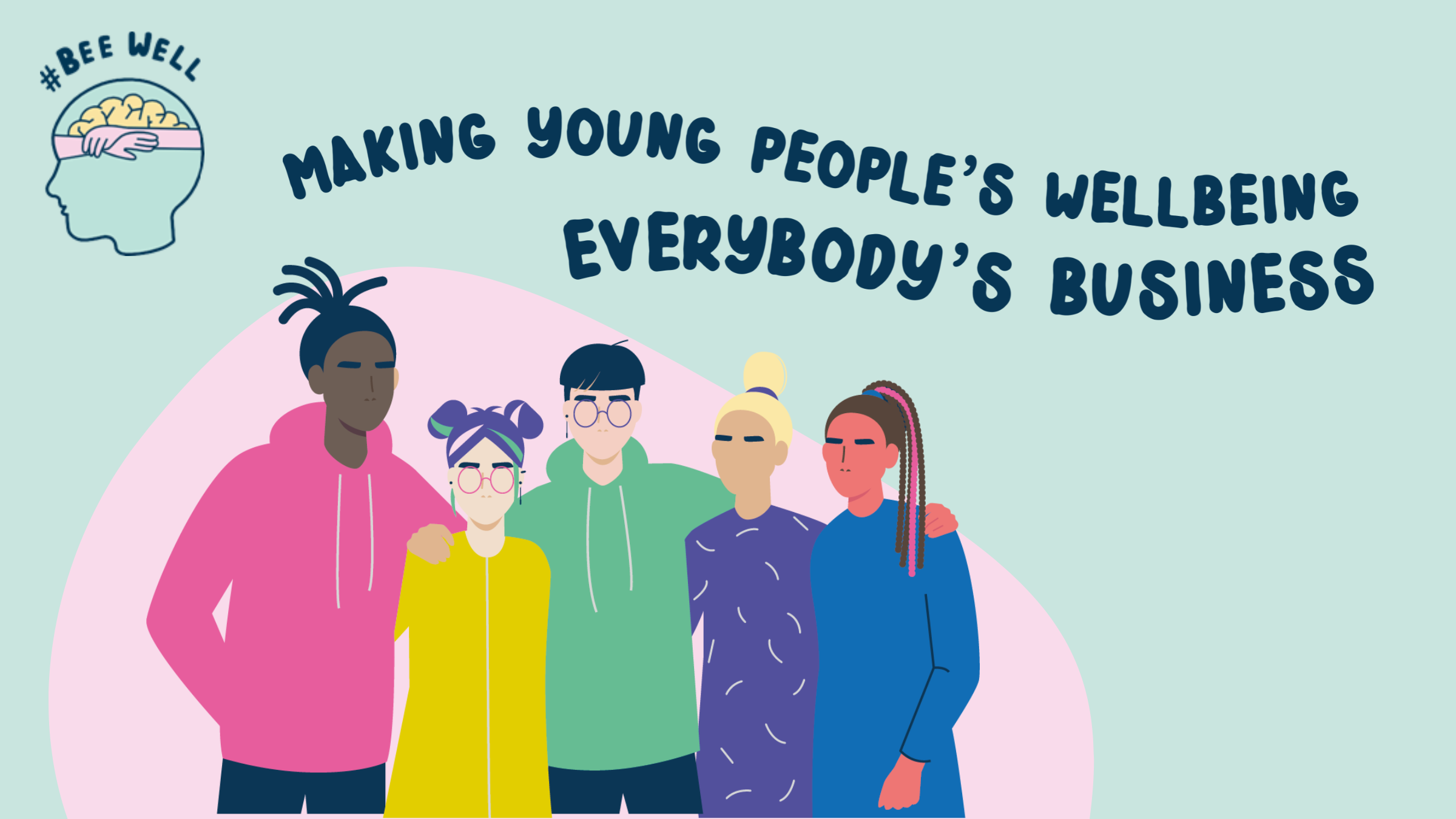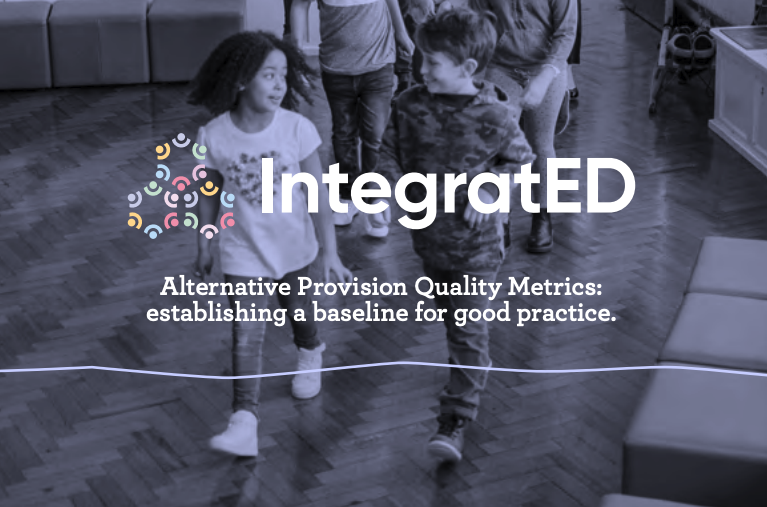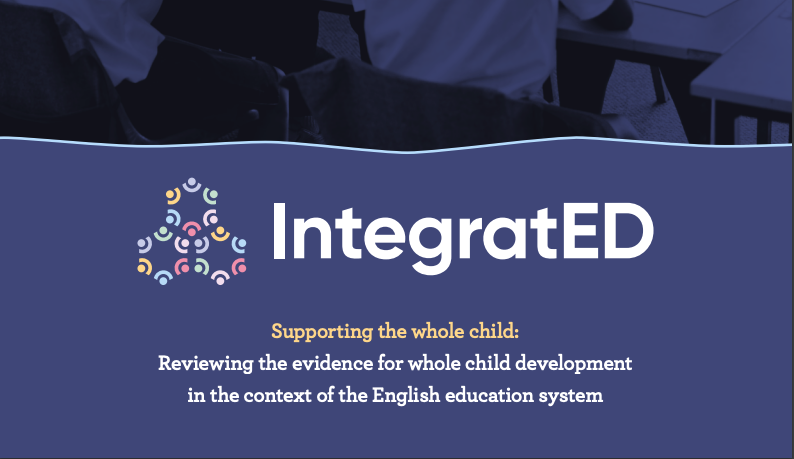
Mohamed Abdallah, Head of The Difference’s Inclusive Leadership Course, shares experiences of the benefits of effective internal Alternative Provision and principles of inclusive practice.
I’m Mohamed, Head of the Difference’s Inclusive Leadership Course, a course that focuses on three principles of whole-school inclusion:
- All staff and especially school leaders can embed inclusive practice across the school
- Relationships are integral to learning
- All children have learning, wellbeing and safeguarding needs
Let me give you some practical examples to show you what I mean in reality.
I have been both a senior school leader and a youth worker, in mainstream schools and alternative provision, and worked with many young people. I remember one year 8 pupil who often found herself in conflict with her peers. On the surface, they seemed quite trivial conflicts that just needed a restorative conversation to resolve. But there were deeper issues going on, and this is how we found them out.
In my mainstream school we had set up an internal Alternative Provision space, or ‘internal AP’, for students who might otherwise be at risk of permanent exclusion. We set it up because we’d become concerned in recent years by what had happened to some of the students we had excluded.
Heartbreakingly, two of our former students lost their lives in gang-related activities after permanent exclusion (of course, this could have happened if they had remained in mainstream too). But we decided to do more to reach out to these students before excluding them, so we set up the internal AP unit – which became known as ‘The Base’. Within The Base we set about taking the time to really understand our students and their needs.
…it’s not that we are turning a blind eye, it’s that the indicators aren’t always visible
There are moments in the school day where I don’t think we even scratch the surface of what’s going on with a young person and what their needs might be. Schools are so busy and it’s not that we are turning a blind eye, it’s that the indicators aren’t always visible.
In the case of the year 8 student, because she came to us at The Base and we had the time to be really curious about what was going on for her. She shared her experiences of family, school and community life. We also pushed external agencies to share information they had about the family, and through multi-agency work with the police we found out there had been several calls to the student’s house for domestic violence.
It showed us that this young person was experiencing harm and had a safeguarding need. We had only found this out by not dismissing her arguments with peers as just trivial conflicts, but as interactions that deserved deeper attention. This enabled us to put additional support in place for her in school, and we also informed all school staff so they could understand her needs better.
That’s why it’s so important that inclusive practice is not a siloed part of a school, but part of the whole school’s approach, right up to the very top of leadership. The Difference Inclusive Leadership Course supports senior leaders to embed this across their schools.
This example also shows why relationships are so important for learning. Learning can only happen when we feel safe so our brains can recall, process, sequence and make links. By improving our relationships with this student we supported her to feel safer in school and helped her to engage with learning much more positively. Relationships are complex, not just initiating them, but sustaining them too. Being able to develop relationships takes practice and understanding, which is why we introduce leaders on the Inclusive Leadership Course to six different relational practices.
The third principle, which may seem a little unexpected or contentious, is the idea that we should assume every child has learning, wellbeing and safeguarding needs. That may result in the response: ‘but surely not all children do?’ But we can’t presume to know a young person’s needs. Look at the case of the year 8 student – we had no idea she was experiencing domestic violence at home. Also, just because you don’t have a specific need today, it doesn’t mean you won’t have one tomorrow. If we practice in a way that assumes all children have wellbeing, learning and safeguarding needs, it means that those who have unidentified needs are going to be better supported, much sooner.
The three principles of inclusion that we share on The Difference Inclusive Leadership Course, draw on research, evidence, and lived expertise. If you choose to join us, you can learn in greater depth how to carry these principles out in practice, and improve outcomes for all your students, especially those who are vulnerable and disadvantaged.
Mohamed Abdallah is a former youth worker, experienced school leader, and Head of the Difference’s Inclusive Leadership Course. Mohamed’s work in developing The Base received widespread recognition as one of the most impactful internal Alternative Provision settings in the country – and was featured in the London Evening Standard’s Excluded Lives campaign.
Interested? Register for more information on the 2022 cohort of the Inclusive Leadership Course here.



